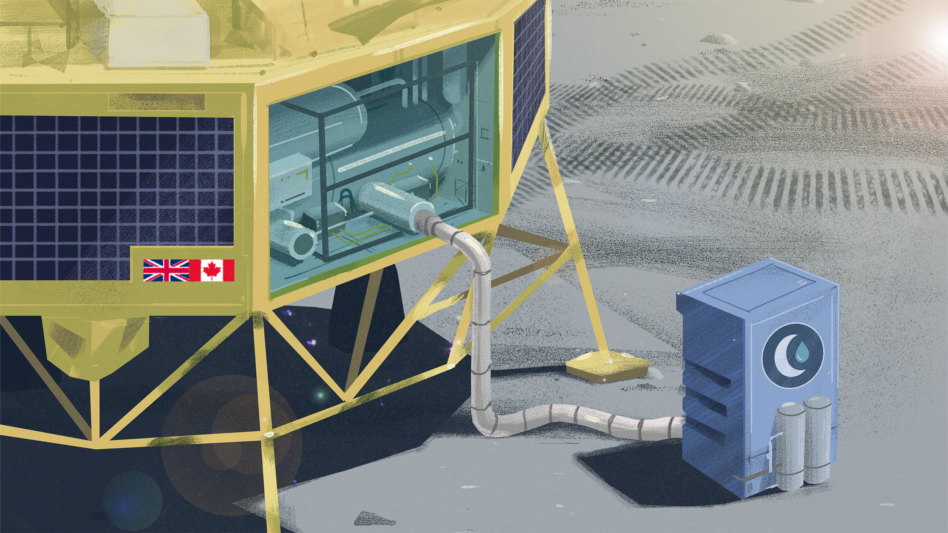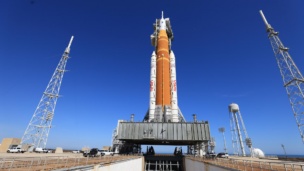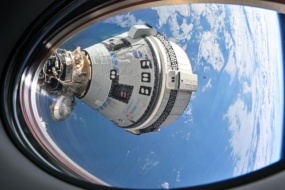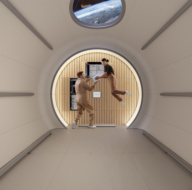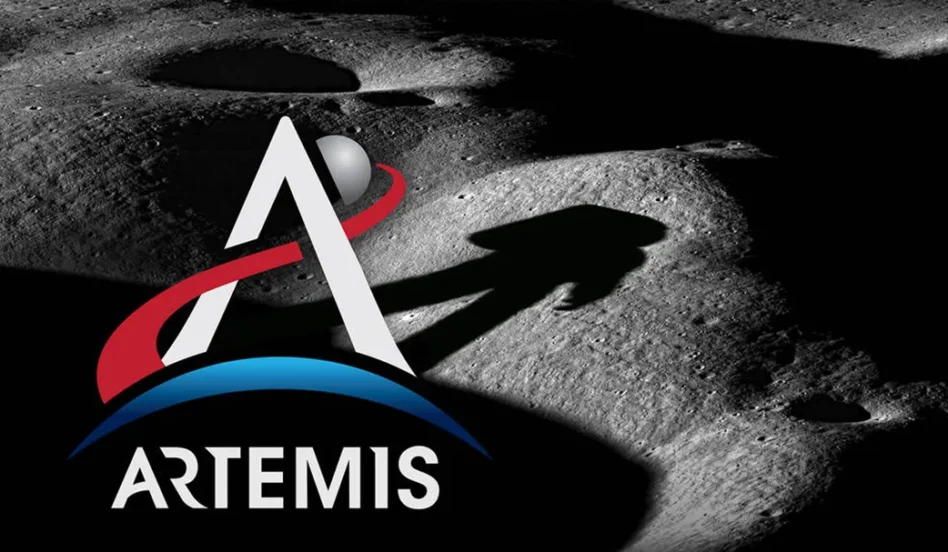Nations around the world are racing to find, land near, and utilize water ice on the lunar surface. That race just got a little more interesting.
The UK Space Agency (UKSA) and the Canadian Space Agency (CSA) have each challenged domestic companies to develop technologies to remove contaminants from water on the Moon. Each agency is offering a cash prize to the winners of the challenge—$1M from CSA, and £1.2M ($1.5M) from UKSA.
“The Aqualunar Challenge is rewarding the development of technologies that will help make this a reality by purifying the ice that is locked inside the Moon’s soil,” UKSA CEO Paul Bate said in a release. “While the challenge is focused on developing these technologies for the harsh environment of the Moon, they could also have important uses here on Earth.”
Lunar laundry: There’s water ice for the taking across the surface of the Moon, but it’s not available in a natural state clean enough for humans to drink. That poses a problem for the Artemis program, which is attempting to kickstart long-term human residence on the Moon. Cleaning water ice would provide the foundation for food, oxygen, and fuel production on the lunar surface, since H2O can be split into hydrogen (aka rocket fuel) and oxygen (for life support).
Challenge details: The agencies have each partnered with organizations within their countries to supply the funding and help out with logistics for the Aqualunar Challenges.
- UKSA teamed up with Nesta’s Challenge Works
- CSA partnered with the Privy Council Office’s Impact Canada
The UK challenge will take place in two phases. In the first phase, ten finalists will win £30,000 (~$38,000), and in the second, a winner and two runners-up will take home an additional £300,000 (~$380,000). The challenge will end in 2025.
The Canadian challenge will take place in three phases—concept design, proof of concept, and prototype development. The grand prize winner will be selected in 2026.
Long term: History shows that challenges like this one can spur industrial investment and advancement even if there isn’t a winner. No one won Google’s Lunar XPRIZE to land a rover on the Moon by 2018, but two groups working on the project formed SpaceIL and ispace, each companies that have gone on to attempt commercial Moon landings.
